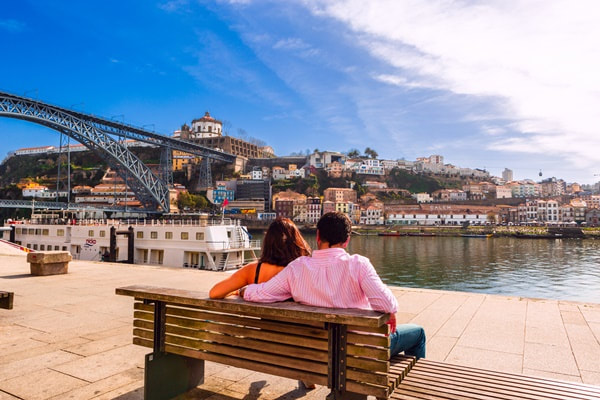|
Life often throws you a curveball, as they say in baseball. In our case, it was a major medical issue and this post explains what we were facing this last year and why we've been blogging less than usual.
2 Comments
Three months ago, when we last posted, we were definitely deep into the Third Wave of COVID-19. The numbers of dead and ill were truly horrifying. Now things are changing, for which we are truly grateful. Let's look at why that's happening.
We're deep in the Third Wave of COVID-19 here with new case numbers exploding. It was a long January, but now, after another lockdown, the numbers are starting to improve. Here's where we stand as of today.
We're currently averaging 6-10K new cases of COVID-19 along with at least 150+ deaths per day. Portugal's public health system is strained and the ICUs are nearly full. This Reuters' article gives more details on the situation and why the intensive care situation is so critical.
All we can do is continue to mask, wash our hands, keep our distance and wait for our turn to be vaccinated. But let's be honest, this has been one very rough year for Portugal and its people. Much as we posted back in October, the 2nd Wave has hit Portugal. 2021 offers hope, but right now it's a long and painful slog for many people and businesses.
Epidemiologists warned us that a second wave of COVID-19 would appear in the autumn, and it has here in Portugal. The case numbers began to grow at the beginning of September and have steadily risen from there. The last two days we've seen 2K in new cases reported daily and the government has instituted a state of calamity, which is an emergency declaration. 1K of those cases are here in Northern Portugal.
As with most European countries, Portugal is slowly and cautiously edging out of lockdown. We've gone from a State of Emergency to a Calamity (actually one step down) while resuming some of the activities of everyday life. So what has it been like? Let's take a look at how this country of 10.3 million souls has coped during this pandemic.
Our plans to post about the trip to Tomar and our time in Lisbon at the Embassy have been set aside by the pandemic caused by Covid-19. Like other European countries, Portugal is on the front lines. Rather than discussing the disease, we'd like to talk about how our new home is handling this crisis.
One of the questions we’re frequently asked is just how good is the healthcare in Portugal. An earlier post covered Harold’s time in the emergency room of one of Porto’s big public hospitals, and this one is about my experience in a private hospital. Let's find out how that went.
Hi! Harold here. A recent personal experience has led to this blog post and it’s all about Portugal’s healthcare system. Let’s face it, there’s no better way to learn about something than doing it yourself. Let’s dig in…
|
Your HostsHarold is a former software engineer. Jana is an author. Together they're exploring their new life in Portugal. Archives
December 2022
Categories
All
|










 RSS Feed
RSS Feed